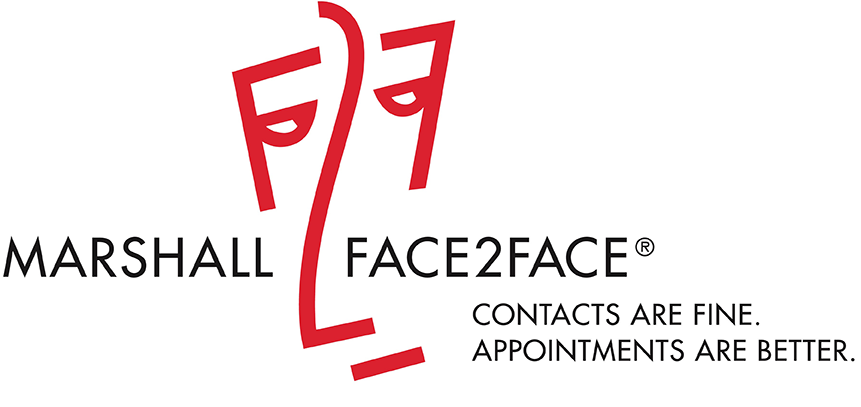Coronavirus and small business…lessons learned
Recently I taught a class of young men helping them prepare for a winter Klondike competition. Part of the training centered on how to prepare for and survive the outdoors. But since none of them are likely to be living and travelling outdoors in the winter, we focused a lot of attention on car travel and how to put together a winter survival kit - boots, extra clothes, snow shovel, energy foods etc.
We talked about how so many people travel about completely unprepared for the weather. We’ve witnessed people getting out of cars in 20⁰ weather not wearing their coats, dressed only in shorts and athletic shoes. It appears that some have no foresight into what could happen if they were to get stranded and could not get help. They are completely unprepared for “what if’s” such as, for example, the car won’t start, the cell phone battery is dead, or they might have to walk a distance to get help. The simple fact is - we all should be mindful of the weather conditions and prepare for possibilities that might put us at risk.
The same rule applies to entrepreneurs and small businesses; be aware of what happens around you and prepare for the unexpected as best you can, so you don’t find yourself in a bind.
It is safe to say that most of us could not foresee coronavirus outbreak and, once it became known, they were not all that concerned. That said, this outbreak is like a winter storm, it developed quickly leaving us little time to prepare.
The takeaway: when a crisis hits, we must have a plan in place that will ensure our businesses can endure the crisis.
So what should we do to prepare?
1. As-much-as possible we should run our businesses with little or no debt. According to the advice of financial advisors like Dave Ramsey, business owners should maintain cash reserves that sustain operating expenses for at least three to six months. Such reserves will allow your business to continue, while you make the necessary adjustments to ensure future operations.
2. Make sure you maintain good relationships with your existing clients and never stop developing new customer base. Understand the needs and problems of your clients and be their problem solver.
3. Never stop building your customer base and marketing your business and yourself. Do not get so busy that you fall behind in your business development efforts developing new business relationships and nurturing old ones.
Outsourcing certain tasks such as business development and marketing along with legal and accounting functions can have a significant advantage, especially during the crisis. Companies that outsource are often positioned to weather the storms much better than their competitors. Outsourcing carries many economic advantages, especially during difficult times. For example:
the work still gets done even when the office is closed
you do not need as much office space or equipment
your liability insurance is cut down significantly
One last word of encouragement - we will get through these tough times and it will not be long before we will be looking at this crisis in the rearview mirror, and that should bring us some comfort. However, this is a good time to evaluate the lessons learned and make adjustments that will better prepare you for what may come next.





